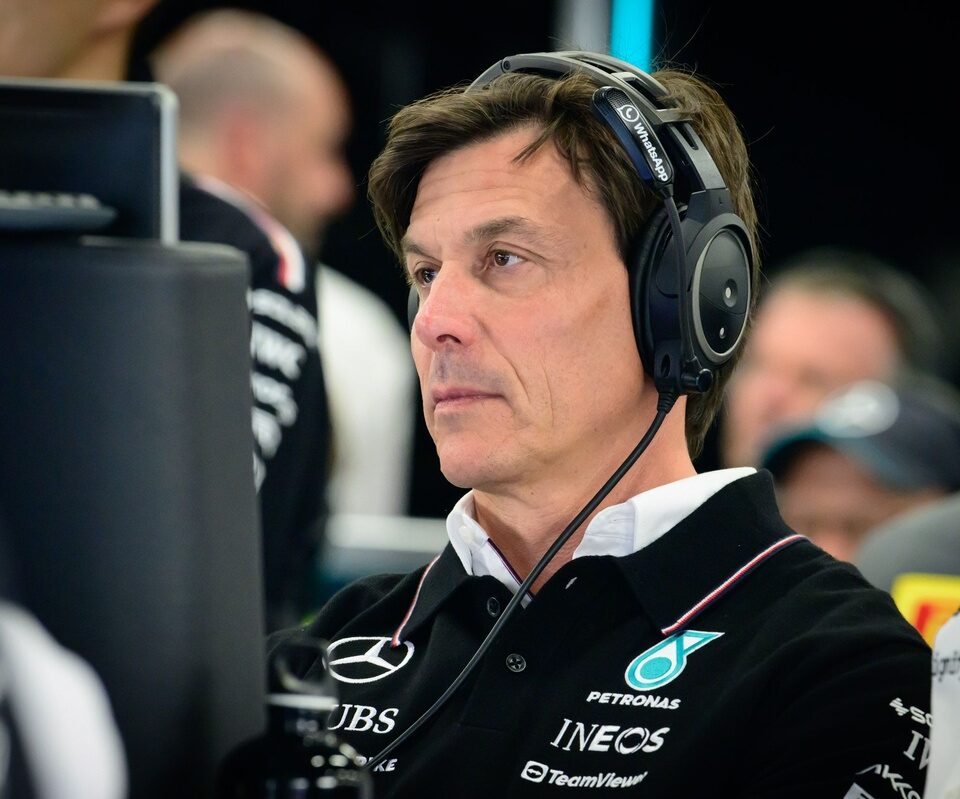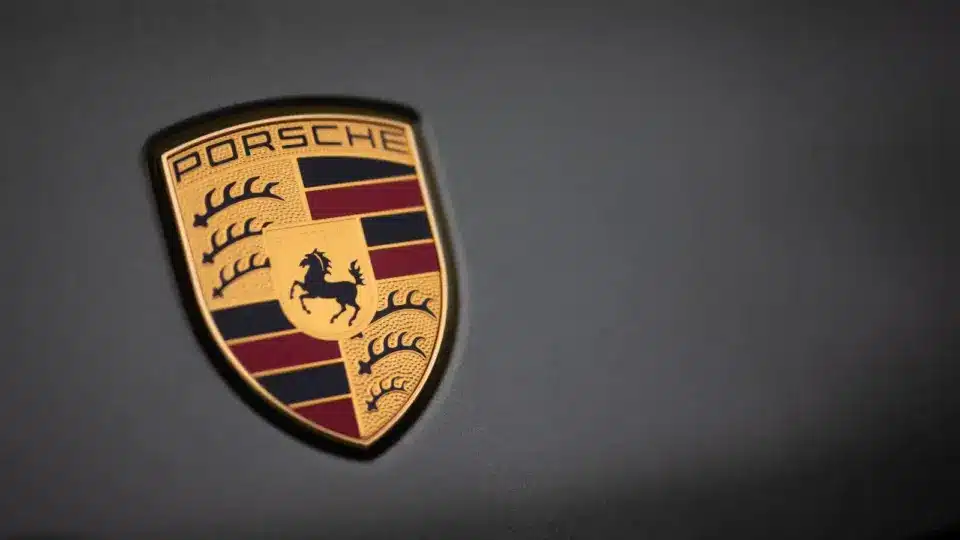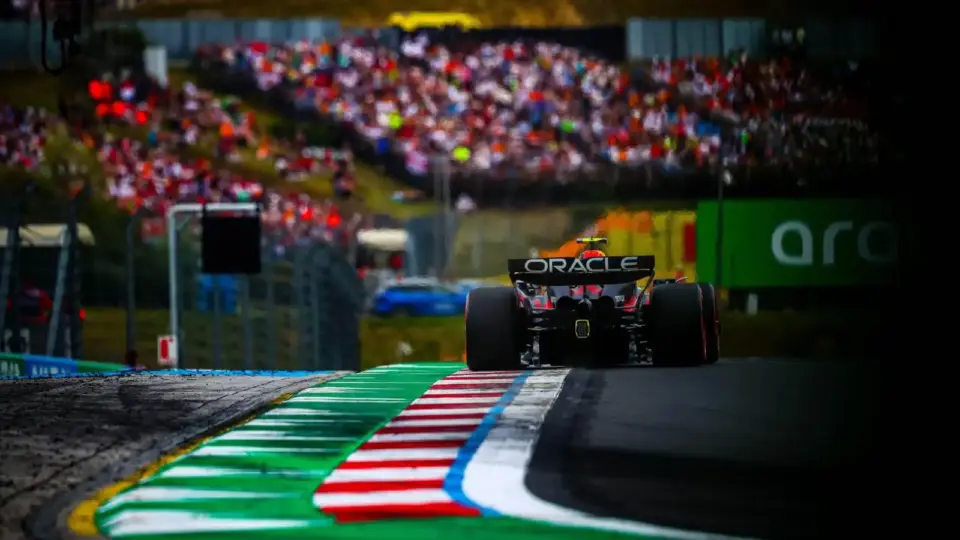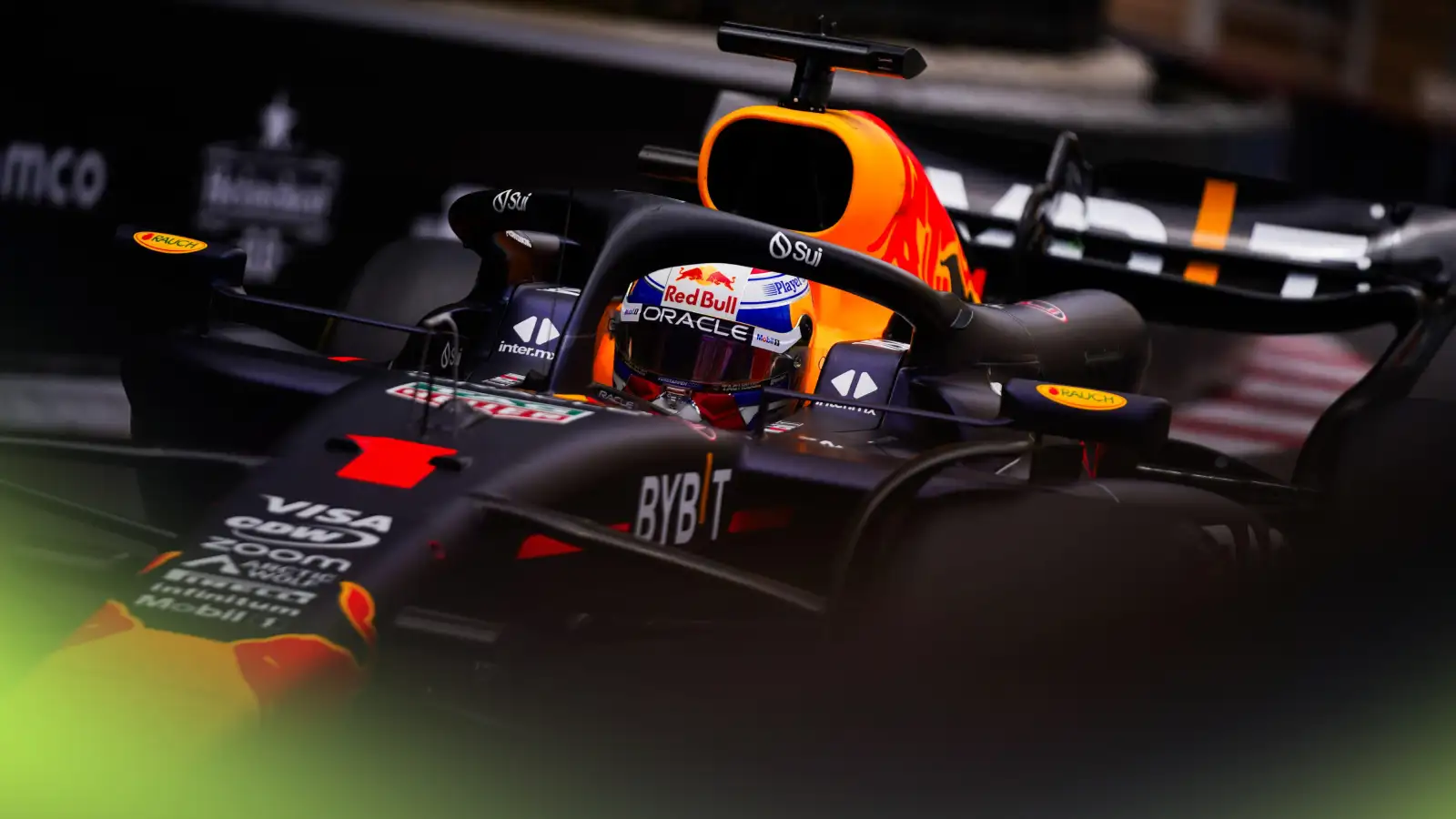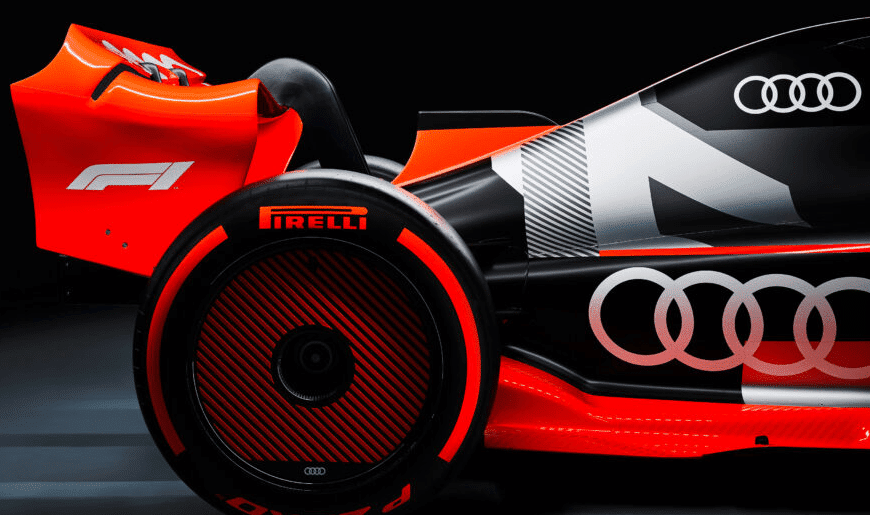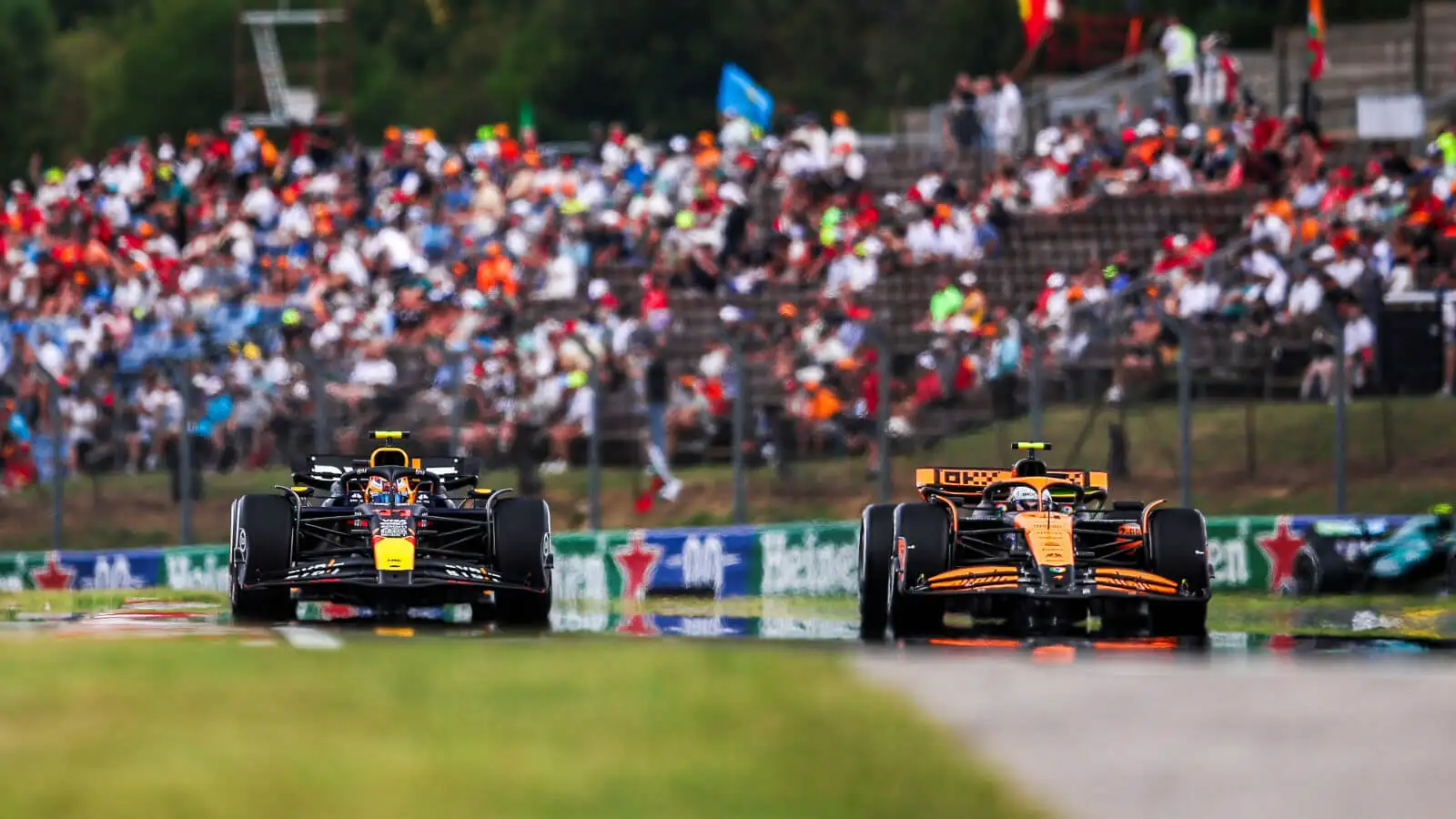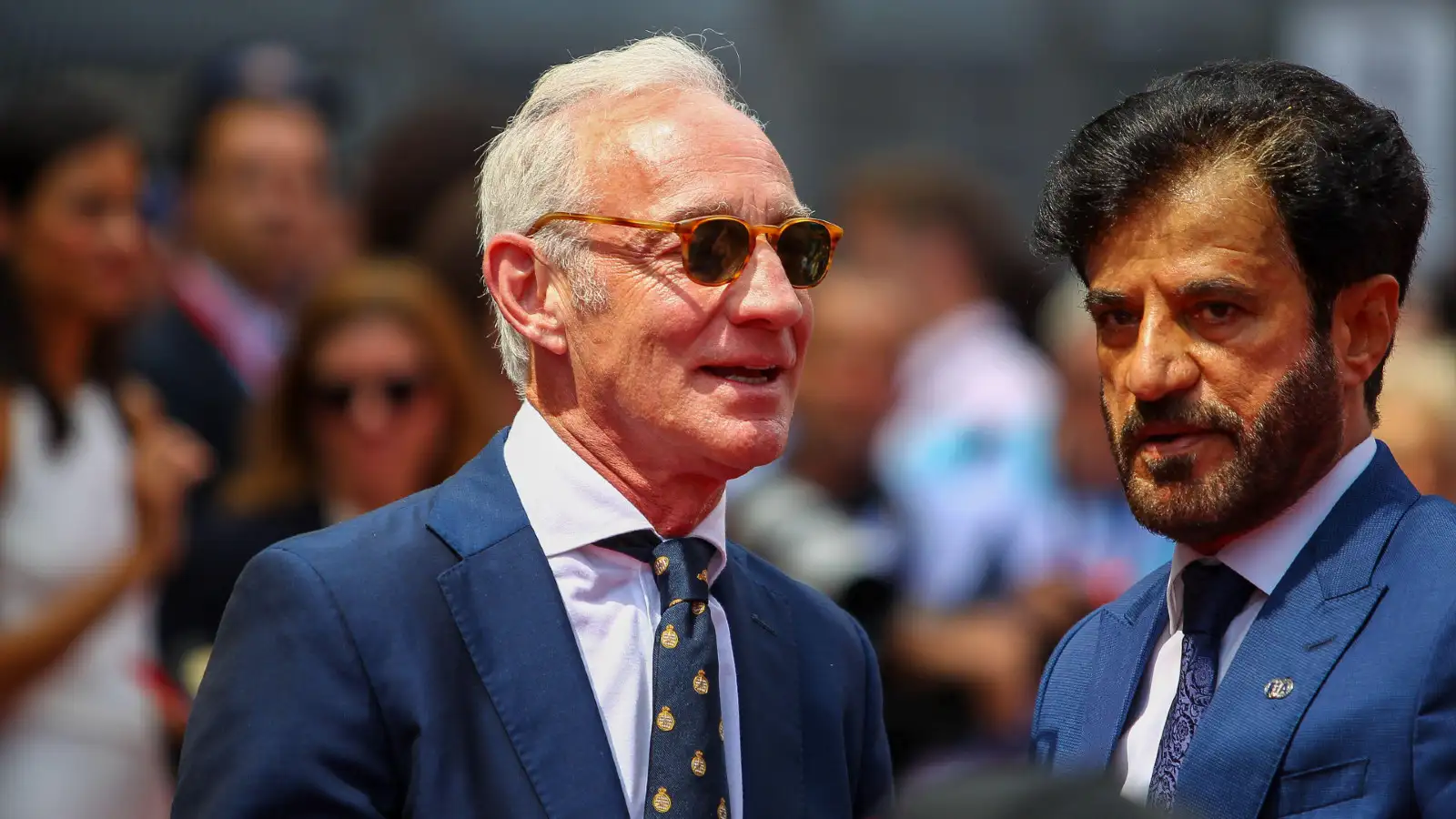In an unexpected turn of events, Mercedes underperformed during the Hungarian GP qualifying. Here’s a breakdown of what happened:
- George Russell didn’t get past Q1, calling his session a ‘disaster’ after a crucial mistake.
- Lewis Hamilton, after a promising start, ended up struggling to maintain pace, finishing fifth on the grid.
- Toto Wolff expressed his disappointment, blaming the entire team for the underperformance.
- Strategic errors and rising track temperatures were major factors hampering Mercedes’ efforts.
George Russell had a tough qualifying session, failing to make it out of Q1 after an error at Turn 8. His mistake came right when teammate Lewis Hamilton was leading the timesheets, ultimately leaving Russell vulnerable. The red flag caused by Sergio Perez’s crash complicated matters, and with a damp track and rising competition, Russell’s initial lap time wasn’t sufficient. He admitted, ‘It was a disaster,’ and took some responsibility, although questioning the team’s fueling strategy.
Lewis Hamilton, despite initially performing well, couldn’t maintain his pace in the latter stages of qualifying. The seven-time champion barely made it into Q3, edging out Nico Hulkenberg’s Haas by a mere 0.010 seconds. In the final shootout, Hamilton finished six-tenths behind McLaren’s Lando Norris, highlighting Mercedes’ struggles with track temperatures.
Team Principal Toto Wolff didn’t mince words about the team’s performance, describing it as a ‘total underperformance’ from everyone involved. He pointed out that losing a car in Q1 should never happen, emphasizing a collective failure. Wolff stated, ‘Losing a car in Q1 is just not on – driver-team combination, it shouldn’t happen. At the end, we just didn’t have the pace. A very disappointing day.’
Russell had some moments of contention with the team’s strategies. He initially blamed the team’s decision on fueling but later conceded some responsibility over team radio. Toto Wolff defended the strategy but acknowledged, ‘It is 70% the team’s mistake on not fuelling one lap more.’ Despite the conflict, the overall sentiment was a shared blame for the mishap.
Mercedes has significant issues to address moving forward, as teamwork and strategy errors continue to hinder their performance.
